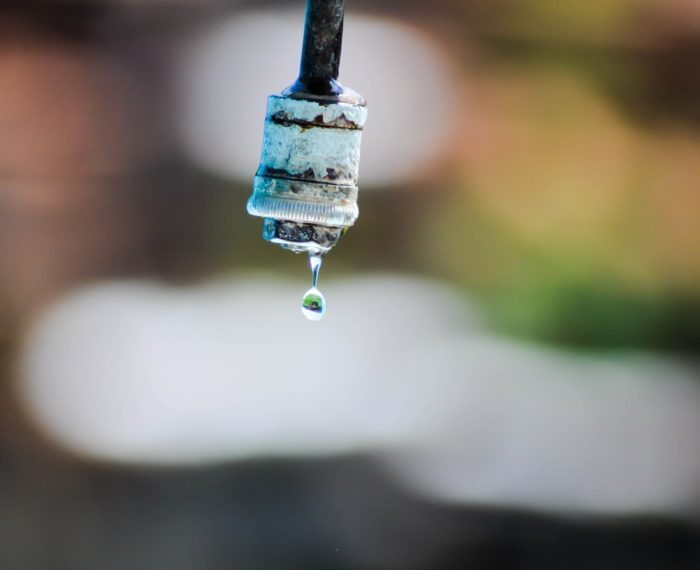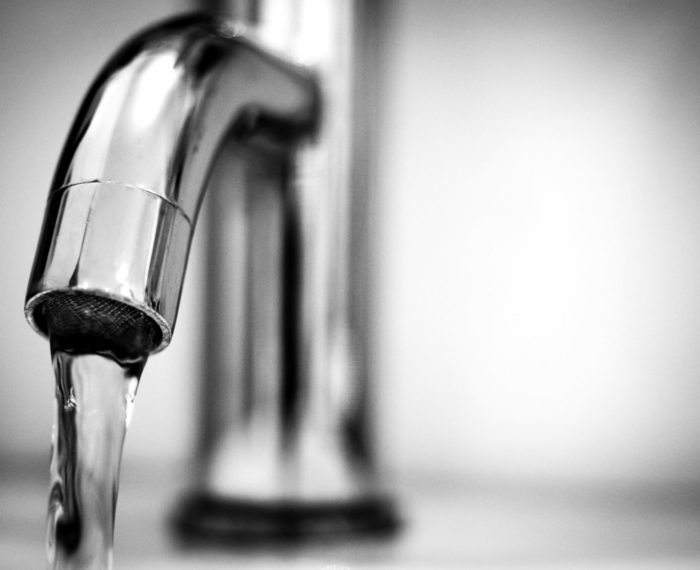It’s a fact of life. In the UK, over 60% of homes live with hard water. But while we might curse the chalky scum on our taps, how often do we think about the damage it’s doing to the car we wash each week? Showers, toilets, washing machines and boilers all take the brunt of the fury of hard water in the home, but the effects of mineral deposits on paintwork, glass, rubber and all of the other surfaces on our cars are just as bad. Here we take a closer look at why you should avoid washing your car with hard water, how it causes damage, and what you can do about it.
What Is Hard Water and Why Is It a Problem?
Hard water has higher than average levels of dissolved calcium and magnesium. And since these don’t evaporate like water, they’re left behind on surfaces as white spots, streaks or a chalky coating. When it comes to washing your car, water hardness is the cause of those deposits on your paintwork, windscreen and even plastic trim. At best, they are difficult to remove and at worst they:
- can etch into your paintwork over time
- leave streaks on your windows and mirrors, reducing visibility
- mean you have to use more car shampoo and waxes, increasing time and effort
- damage sensitive coatings on newer vehicles such as ceramic and clear coats
The Science Behind the Stains
Spotting is caused by the minerals in the water reacting with your car’s paint finish. Left to dry on the surface, they bond to the paint. In direct sunlight, heat speeds up the reaction, and water spots etch into your car’s clear coat.
Chemical etching not only damages the finish and looks unsightly, but the water droplets create tiny crevices that capture more dirt, so it’s a vicious circle. Hard water can damage your car whether you wash it at home or at a car wash. In fact, many automated or self-service washes also use untreated mains water, unless they’ve specifically installed a softener or water conditioner. So there’s a chance you drive away “clean”, still covered in a layer of mineral residue.
In recent years, a small but growing number of high-end detailing professionals are advertising softened or deionised water for car washes and detailing. It’s a move that recognises water quality is just as important as the cleaning products used.
The Hidden Cost of Hard Water
In the long term, hard water does more than make our cars look unsightly. Constant exposure to hard water deposits can significantly affect your car’s value, as fading, streaky paintwork or dull headlights make a vehicle more difficult and costly to sell. Plus, there are some less obvious costs such as:
- Increased water usage: Rinsing takes longer to wash away the soapy film left by water hardness.
- Increased cleaning products: Hard water reduces the performance and lather of car shampoo and waxes.
- Increased time and effort: After-wash water spots take time and effort to remove, using specialist chemicals or detailing sprays.
The Solution: Conditioned or Softened Water
The best way to stop hard water deposits on your car is to prevent them from happening in the first place. And the best way to do that is by using softened or conditioned water to wash your car. Softened water has most of the calcium and magnesium removed from the supply, while water conditioners like Halcyan change the structure of the minerals so they don’t stick to your surfaces. This means:
- No more chalky white spots or streaks
- Increased performance and shine from car shampoos and waxes
- Less rinsing and drying time
- Long-term protection for paintwork and other sensitive coatings
Conditioned water also reduces the build-up of scale in the inside of hoses, fittings and equipment like pressure washers, so they last longer and work more effectively. This is a particular benefit for car wash businesses and other people who detail frequently.
Tips for Washing Your Car in a Hard Water Area
If it’s not possible to install a water conditioner at home immediately, there are a few steps that can reduce hard water’s impact:
- Wash your car in the shade – The faster water evaporates, the more mineral deposits remain.
- Rinse more frequently – Keep surfaces wet to prevent soap or water drying on the paint.
- Dry with a towel or blower – The quicker you can remove water, the less deposit remains.
- Use a water spot remover – A dedicated detailing spray can help lift residue before it becomes permanent.
- Finish with sealant or wax – These products add a protective layer to paintwork that can help repel water and minimise etching.
However, while these tips can minimise the damage, they don’t address the issue of hard water deposits in the long term. The only true way to prevent the damage is to treat the water at the source.
Why Choose Halcyan Water Conditioners?
At Halcyan, we understand that hard water is an all-encompassing problem. It can affect everything from the kettle to our car. Our Halcyan Water Conditioners use natural osmosis to neutralise the effects of water hardness without chemicals or salt. The systems are virtually maintenance-free and use zero power or resources, so they’re a more sustainable and effective long-term solution than other water treatment methods.
Protect your investment from top to bottom with a Halcyan Water Conditioner for your home and your car.
Final Thoughts
Washing your car with hard water may seem like an innocuous part of car care but, over time, it can lead to a multitude of problems that are not only costly to put right but can eat away at the value of your car in the long run. Appearance, performance of cleaning products, resale value and water quality is a factor in every aspect of washing and caring for your car. We offer the ideal solution in the form of our Halcyan Water Conditioners. Spot-free rinses, better cleaning performance and a clear conscience are just some of the benefits of Halcyan-conditioned water for your car’s interior and exterior.



